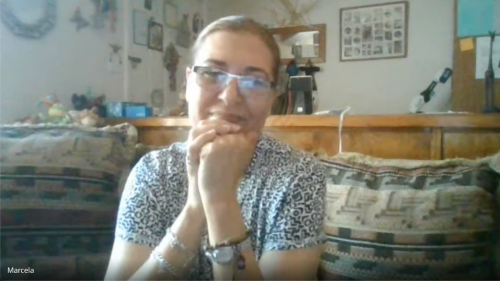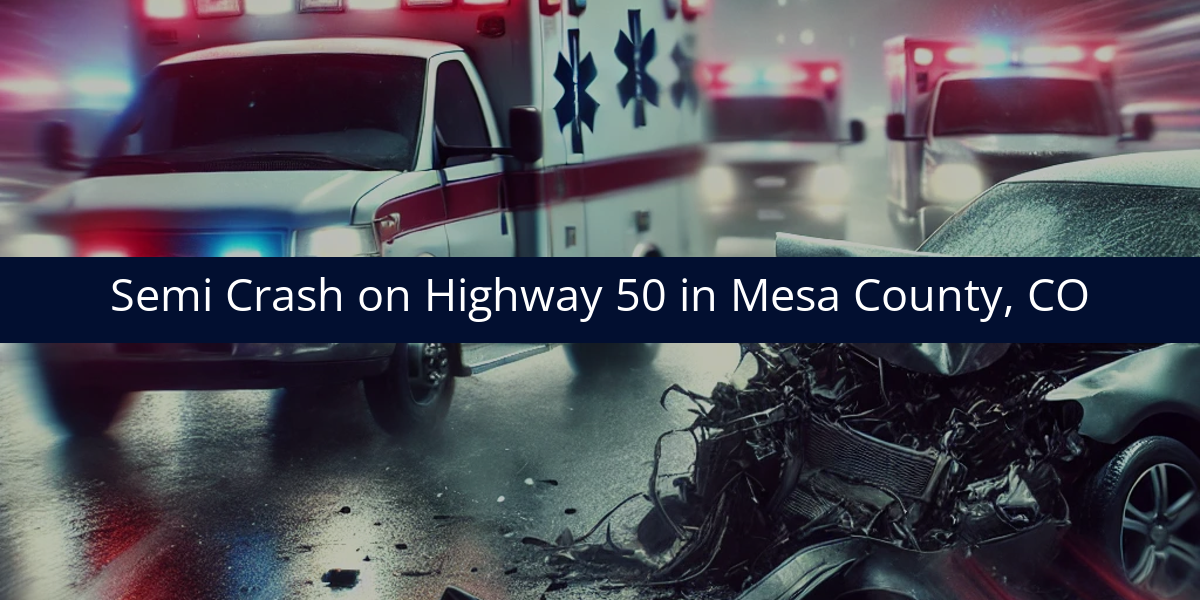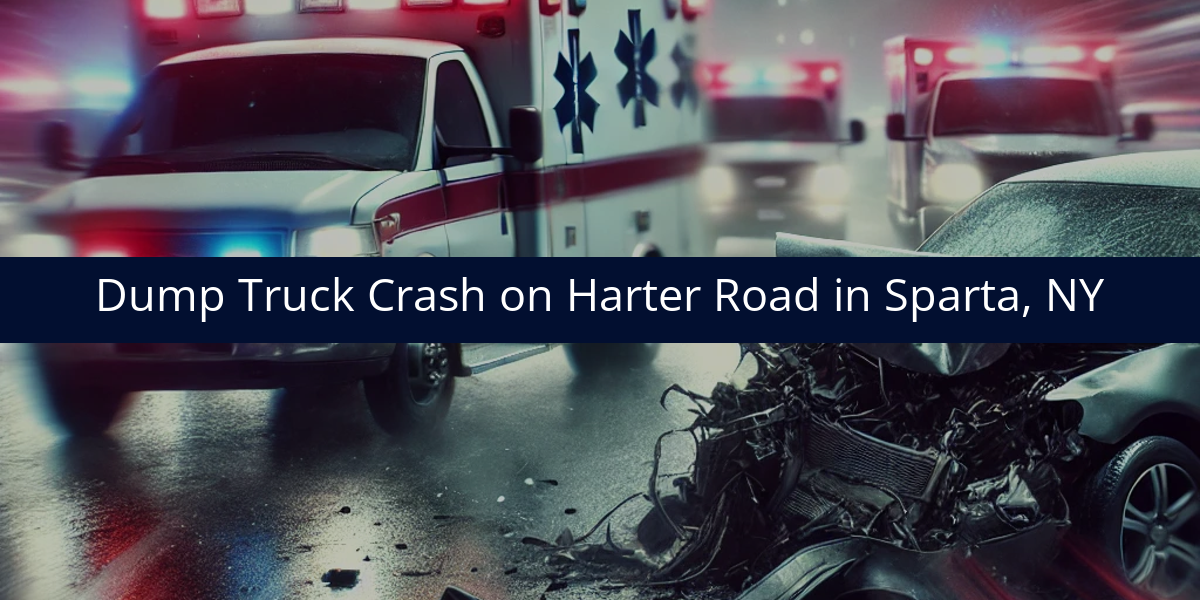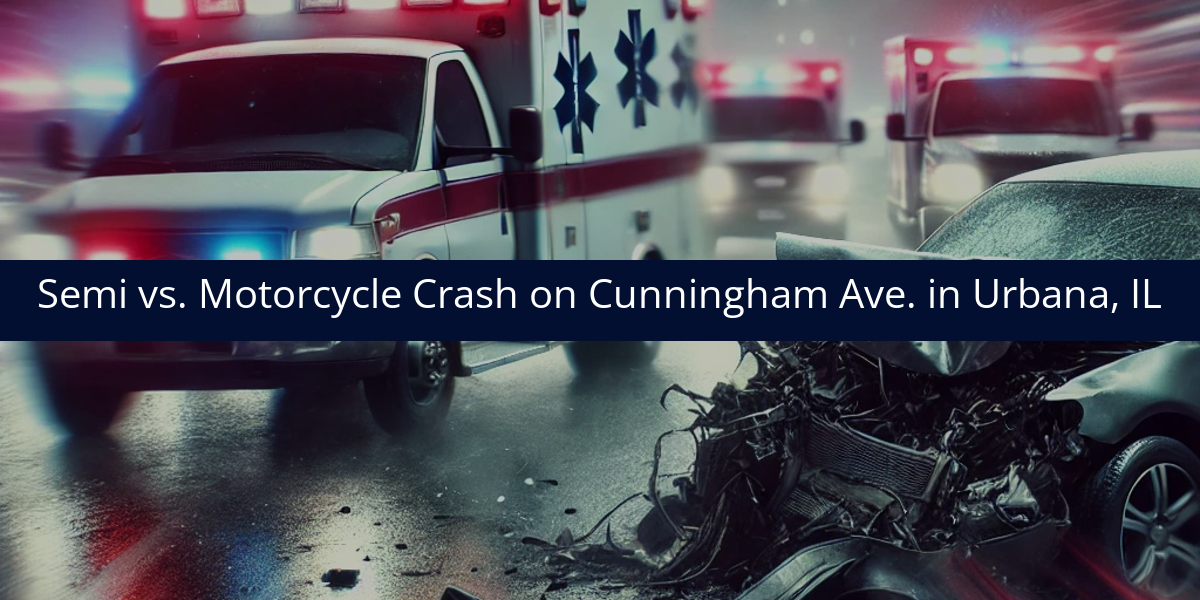This country has a big with drunk driving accidents, but we also have another problem that people rarely talk about—least of all in the news. I'm talking about bars and other licensed alcohol providers that over-serve their customers, who then get into the very accidents that we've been talking about.
In this post, I'll briefly illustrate the problem of bars over-serving their customers and why everyone should care about that reckless and illegal behavior. Next, I'll talk about the solution that the law provides in many states. Hopefully, I'll explain why this all makes good, logical sense and can ultimately help curb drunk driving accidents.
Lots of people have a problem with the idea of suing bars for the sins of the drunk driver. I'll admit, it sounds a bit strange when it hits your ears, but let me try and explain it a bit -- because suing bars for the mistakes of drunk drivers is actually NOT what I'm advocating. On the contrary, I'm suggesting that bars should be sued for their own dangerous behavior.
The Legal Justification For Suing Bars
Every single person and business in America owes a legal duty to everyone around them. You could almost say that, simply by being a citizen of the US, you have an unspoken contract with your neighbors, and that contract imposes upon you certain obligations. Namely, it requires you to avoid hurting other people through carelessness and recklessness. Again, we're all bound by this standard of care. This duty is known as the reasonable person standard, or the duty of reasonable care.
Someone's failure to observe this standard of care serves as the basis of virtually all personal injury cases. For instance, when someone causes a car accident because they failed to check their mirrors, they are not sued for "improper mirror checking." What they are accused of in a lawsuit is negligence brought on by violating their obligation to behave as a reasonable person would when behind the wheel (i.e. a breach of the reasonable person standard).
Licensed Professionals Are Held to a Higher Standard
However, just because every person is held to the reasonable person standard at a minimum, that doesn't mean that it is the only standard that they are held to. In particular, when you choose to engage in some activity for which you have no natural right or where doing that job improperly may harm the public, you're held to a different standard.
Don't want to be held accountable for giving bad legal advice? Don't become a lawyer. Don't want to be held accountable for mismanaging someone else's money? Don't become an accountant. Don't want to be held responsible for prescribing the wrong medication? Don't become a doctor. The point is that when a person decides to engage in activities where their advice or help has the potential to badly harm someone else or their interests (being a stock broker, a massage therapist, or lawyer, to cite just a few examples), society rightfully holds you to a higher standard than the reasonable person standard. This is true of all businesses to some extent, but it's especially true of businesses that you can only engage in based on licensure.
Like it or not, when you get a license, you must adhere to all of the rules inherent in holding that license, and the people of your state, acting through their elected officials, have the right to decide what those rules are.
For instance, lawyers can't just show up at a funeral and hand out business cards (thank God). Why? Because when we obtain our licenses, we agree to forgo certain activities that the people of the state who issue our license deem inappropriate. This even extends to certain "sacred" rights. For instance, by becoming a lawyer, you waive some part of your freedom of speech that is guaranteed by the First Amendment. The government requires lawyers to stifle their speech in many instances, yet it's not a constitutional violation for them to do so (under most circumstances).
Licensing Allows States to Regulate Even Areas Protected by the Constitution
But why isn't it a constitutional violation for the government to require lawyers not to disclose client info, or for state lawmakers to pass laws which forbid lawyers from engaging in certain predatory advertising techniques that would be perfectly acceptable for any other business to engage in? The answer is that there is no inherent right to practice law, so when a person becomes a lawyer and gets their law license, they are voluntarily giving up certain rights. Are a lawyer's constitutional rights not important? Of course they are. They're just less important than the rights of his clients to have their confidential information keep secret, or for the public to avoid harassment by a lawyer who would be inclined to show up uninvited to a funeral.
Folks, the same thing applies to bars. Just as there is no natural right to charge people for legal or medical advice (and you must instead prove your competency and be granted special permission by the state to do so), neither is there a natural right to sell alcohol. Lawyers often refer to liquor licenses as shall-issue licenses, meaning that issuing them is discretionary and requires the license holder to jump through all of the hoops the people of a state, through their legislature, have deemed reasonably appropriate.
Bars Are Held to Different Rules Because They are Licensed by The State
As you can see, there is a clear legal basis for holding certain licensed professionals accountable in ways that normal people and non-licensed businesses are not held accountable. This accountability is generally proportionate to how bad things can be if said professional does their job incorrectly. Surely, we can all agree that when a bartender is careless in performing their professional duties by over-serving a patron, the general public is put at risk.
On a moral and ethical level, bars shouldn't over-serve their customers because it's flat-out irresponsible and uncaring: it puts people in danger. They're essentially profiting off of someone's bad decisions, doing nothing to intervene, and then doing the same thing the very next night. Meanwhile, families and lives are torn apart because someone had too many Bud Lights and crashed their car on the way home.
So contrary to what critics may argue, laws that permit people injured by unlawful alcohol service don't single bars out, they hold bars to the same standard as other businesses. What is the law in Texas? That's what this next section is about: the rules themselves.
A Brief Explanation of Dram Shop Law
I'll keep this short, so as not to drone on in legalese. But I do want you to understand that it's not as if lawyers have found some sort of loophole in the legal system. Suing a bar for their part in a drunk driving accident isn't some dark corner of the law that nobody understands.
In fact, suing bars (in states that allow such lawsuits) isn't something based on abstract legal theory. On the contrary, most states that say bars should be held accountable do so because lawmakers got together and specifically passed laws that allow people injured as a consequence of unlawful alcohol service to sue bars. Such laws are known as "dram shop laws."
Texas Dram Shop Law
Take Texas' dram shop laws as an example. In 1987, Texas legislators convened and decided that from that point on, bars (and other licensed providers of alcohol) ought to be required to serve alcohol in a responsible fashion. In fact, they felt so strongly about it that they decided there would be consequences for licensed providers that broke the rules. Here's the statute:
Sec. 2.02. CAUSES OF ACTION. (a) This chapter does not affect the right of any person to bring a common law cause of action against any individual whose consumption of an alcoholic beverage allegedly resulted in causing the person bringing the suit to suffer personal injury or property damage.
(b) Providing, selling, or serving an alcoholic beverage may be made the basis of a statutory cause of action under this chapter and may be made the basis of a revocation proceeding under Section 6.01(b) of this code upon proof that:
(1) at the time the provision occurred it was apparent to the provider that the individual being sold, served, or provided with an alcoholic beverage was obviously intoxicated to the extent that he presented a clear danger to himself and others; and
(2) the intoxication of the recipient of the alcoholic beverage was a proximate cause of the damages suffered.
As you can see, under Texas law, bars are strictly prohibited from providing alcohol to someone who's obviously under the influence of alcohol at the time of service. (Whether someone was actually obviously intoxicated when served in any given case is ultimately a question of fact, to be decided by a jury.)
Should they violate this law, there are legal consequences. In addition to whatever fines and citations our state's alcohol board levies against the bar (they might even revoke their liquor license), Texas law says that someone injured by a drunk driver has the right to sue both the driver and the bar that over-served him in a civil lawsuit.
Dram Shop Laws Help Victims and the Community
So, are dram shop lawsuits a good thing or a bad thing? Do they put bars in an unfair position? Are alcohol providers suddenly responsible for someone else's mistakes? Do these lawsuits actually do anything to help stop drunk driving accidents?
Dram Shop Laws Permit Victims to Get the Help They Need
The costs caused by alcohol-related injuries are real and someone always pays them. As a community, we can't escape this fact and must decide who bears these costs. If your initial thought is that the drunk driver should bear all of the costs associated with their decision, with the exception of wealthy drunk drivers, most of them don't have to means to pay for the damage they cause.
If a drunk driver can't pay, that leaves the victim footing the bill. Of course, many victim's medical bills are beyond their means to pay. In addition, if the injuries are bad enough or if someone's mother or father is killed in an alcohol-related incident, the costs explode do to lost income.
Were we to ignore the role that bars play in alcohol-related injuries and deaths, while acknowledging that drunk drivers and their victims rarely have the resources to cover the costs of alcohol-related incidents, we're left with one other group to foot the bill; you and me.
If those who are injured by drunk drivers don't have any real recourse against anyone other than the drunk driver who is heading off to jail, it's hard to imagine they will get the compensation they need to pay for their injuries. Absent laws that hold bars accountable, seriously injured people become everyone's problem, since we will all have to subsidize their healthcare and living expenses through government programs.
Consequences Get Bad Bars to Change Their Behavior
When someone sues a bar, it send a message to other places that over-serve their customers: it's not okay and there are consequences. The news media tends to talk about drunk driving accidents in terms of the police needing to be on a stricter watch for the 2 a.m. crowd after the bars let out. That'll certainly help stop drunk driving accidents -- but it's only treating symptoms, not addressing the root cause of the problem.
The symptom of a drunk driving accident is someone crashing their car. The root cause is that they got drunk enough to crash in the first place. Well, it takes two to tango, and statistics show that the overwhelming majority of drunk driving accidents are caused by people who were drinking at bars and restaurants.
Let me rephrase that. Most drunk driving accidents are caused by people who got sloppy, fall-down, so-obvious-you-can-see-it-from-space drunk. When someone causes an accident and their BAC is a 0.25%, I don't believe for a second that the bartender didn't know that person was obscenely drunk. You or I would tell such a person that they've had enough. Is it to much to ask a licensed alcohol provider to exercise that little bit of common sense?
In my experience, it usually takes a lawsuit to wake up truly dangerous establishments to the fact that their behavior is unacceptable.
Dram Shop Lawsuits Only Target Bad Bars
I hope this is obvious by now, what I'm talking about here isn't unfair to the bars and other places that make their living selling alcohol. Bars don't get sued when they serve someone one or two or a few drinks—in fact, dram shop law protects these bars. We're discussing liability for blatant violations of liquor laws.
If providing for victims or punishing bad bars doesn't convince of you the need to hold bad bars accountable, take a moment to think about how not holding dangerous alcohol providers accountable punishes establishments that follow the rules.
For instance, if the quick lube oil change shop in the west side of town just pours their used engine oil into the creek behind their building, just imagine how much cheaper they can do an oil change for. But isn't that incredibly unfair to the oil change facility on the east side of town that follows the law and disposes of the oil the right way?
Creating a financial disincentive takes the profitability out of rule-breaking. Without it, why wouldn't some bars break the rules?
To any bar owners who are reading this, if your business can't thrive without getting customers drunk, it may be time to consider a career change. That would be like a lawyer saying, "Well I can't possibly make it as a lawyer unless I lie in court, steal from my clients, and sue people who did nothing wrong." No one would accept that type of a response from a lawyer, and I'm not about to accept the idea that bars have to over-serve and knowingly break the rules they agreed to abide by just so they can turn a profit.
Final Thoughts
Stopping things at the source is always the best way to keep accidents from happening. If we take the profit out of the over-service of alcohol, we can reduce the number of bars that are over-serving people. This will reduce the number of drunk drivers on the road. Period.
Obviously, if someone wants to drink at home or if they are particularly good at drinking alcohol and not looking intoxicated, that's a different issue. But for every person who orders another shot while falling out of their chair at their local Applebee's or Chili's, there should be a faithful bartender who takes their drink away, calls a cab, and makes sure that person doesn't hurt themselves or others. In a lot of the accident cases I handle, I see bartenders do the exact opposite, and the results are usually tragic.
Each of those tragedies has the potential to bring about change, thanks to dram shop litigation. Having sued hundreds of bars over the past 3 decades, I always like to remind people that I've only had to sue a bar twice on one occasion. Every other establishment received the message and changed there ways. This means countless families in Texas never had to experience the pain and loss that my clients went through. That's the real value in the law that allows us to hold bars accountable.











